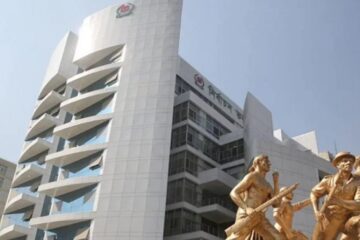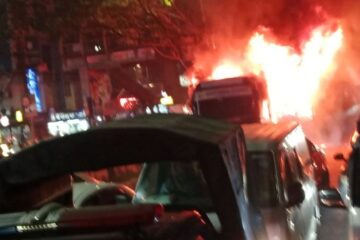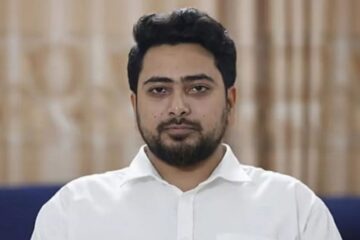Nurul Haque Nur, president of the Gono Odhikar Parishad, rose to national prominence leading the 2018 quota reform movement and later served as vice president of Dhaka University Central Students’ Union (Ducsu).
In this interview with Dhaka Tribune, he shares his concerns about the upcoming national elections, the role of the Jatiya Party, and the evolving youth vote.
Dhaka Tribune: Do you see any risk of a crisis over the implementation of the July Charter?
Nurul Haque Nur: Not really. The charter was the result of extensive dialogue following a mass uprising. The public witnessed that process. So, I don’t see major obstacles to implementing it.
The government has set February for the national elections. Do you think they’ll happen on time?
Nur: I have doubts. The government hasn’t made any clear decision on the Awami League and Jatiya Party, who we consider part of the fascist alliance. Without clarity, the process lacks credibility.
Also, law enforcement and the administration haven’t been restructured. The Election Commission isn’t being proactive either. These things matter.
And if the Jatiya Party stays in the race, it opens the door for the Awami League too. Almost every party except the BNP has demanded that the Jatiya Party be banned.
Will your party boycott the election if the Jatiya Party is allowed to contest?
Nur: We are firmly opposed to their participation. If the Jatiya Party runs, then why not allow the Awami League too? They governed together and built this authoritarian structure over the last 16 years.
We’ve called for a solution through dialogue. But if the government insists on keeping the Jatiya Party in the field and denies us that space, it could lead to instability.
What is your party’s stance on alliances ahead of the next election?
Nur: It hinges on the Jatiya Party issue. If they remain in the picture, we’ll consider all options. But the government must make a final decision—either they are out, or the door is open to the Awami League too. Anything else is unacceptable.
You served as Ducsu VP. Recently, Chhatra Shibir swept student union polls at several major universities. Could these results influence the national elections?
Nur: Not directly, but youth sentiment will play a role. Around 45 million of the 130 million voters are young, and they want change. They’ll vote for whoever represents that hope.
Shibir’s wins came from long-term organizational strength. But Jamaat’s influence is still regionally limited — in parts of Chittagong, Khulna, and North Bengal. Despite 16 years of repression, they’ve held their ground.
That said, they lack the strength to come to power alone. They’re seeking alliances with Islamic parties, maybe even liberal ones. I’ve heard they’re open to nominating a prime minister from outside their ranks if needed.
If that happens, and if they manage to broaden their coalition, they might replicate their campus success nationally.



